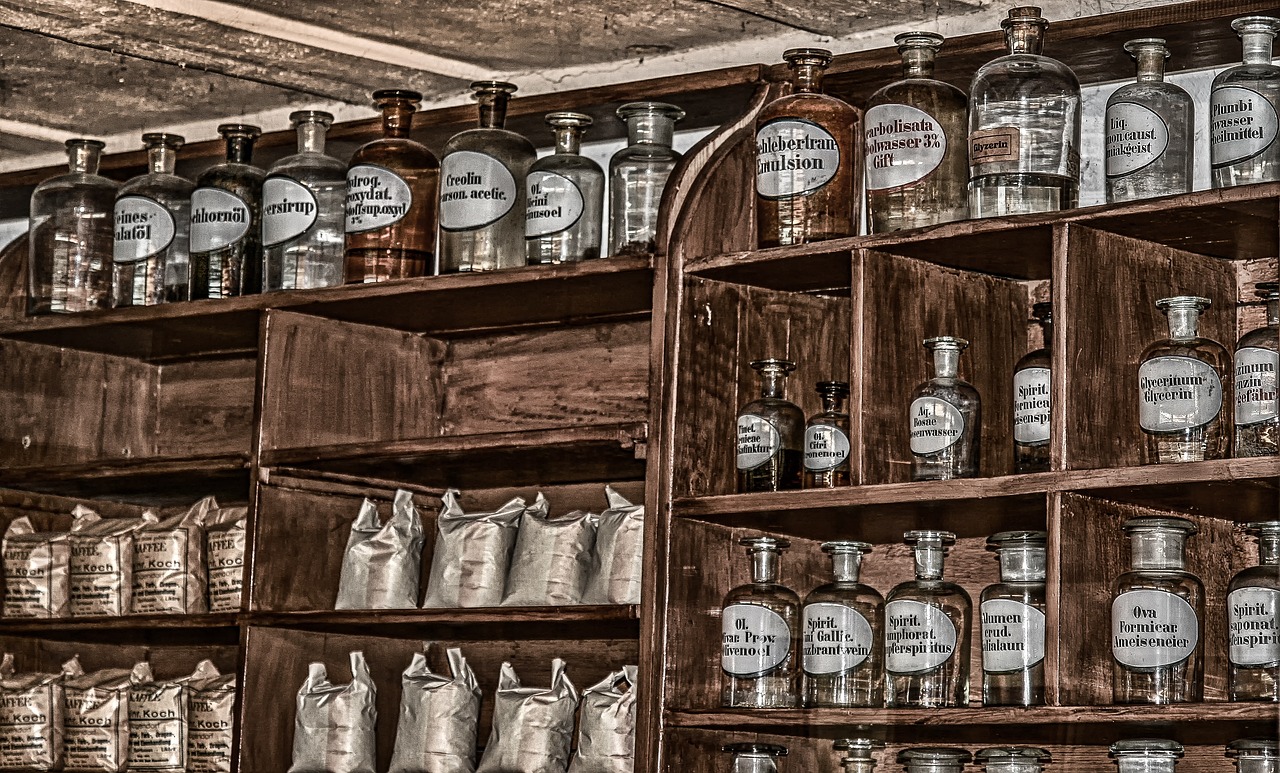


What Are the 3 Steps to Recovery From Drug Use?
There are a number of methods to recover from substance abuse, and finding the right drug rehab in Denver can be an individual process. While recovery is a personal process, nearly everybody goes through three stages of recovery while overcoming drug use. While there is no set timetable for recovery, the amount of time spent on these stages is unique to each individual, as well. Those stages are abstinence, repair, and growth – and we’ll take a closer look at each of them here. Abstinence This stage begins when the person abusing the substance quits taking that substance. Some of the most important aspects of navigating this phase come down to the individual changing their outlook toward themselves. Doing things like cutting off relationships from other users, developing a regimen of self-care, developing alternatives to the abused substances, and learning how to cope with the cravings. The most difficult aspect of this particular stage is coping with the heavy craving to return to using a particular substance. This presents a number of threats to the individual’s recovery. Depending on the substance being abused, these cravings can last for an extended period of time. This stage is focused on improving the individual’s self-care to set them up for success in the later stages. Repair This is the second stage of recovery, and it’s focused on repairing the damage from the addiction. This is a long-term step, because it deals with everything from repairing self-esteem to relationships to other aspects of the individual’s life. A major hurdle in this stage is dealing with the guilt as some of these relationships are repaired....
